Photo of Emet by Zeb
If you’ve ever suffered from Insomnia, you know how awful it can be on your overall well-being. Insomnia is a sleep disorder that affects millions of people worldwide, leading to difficulties in falling asleep, staying asleep, or waking up too early. Chronic insomnia can have a big impact on your quality of life. While pharmaceuticals can work, they are often addictive and make matters worse. Many people are turning to acupuncture for help with insomnia.
Insomnia can be caused by a variety of factors, including stress, anxiety, pain, hormone imbalances and underlying medical conditions. Acupuncture is believed to help manage insomnia by addressing these underlying causes and promoting relaxation and balance within the body.
Several mechanisms contribute to the sleep-enhancing effects of acupuncture:
1. Regulation of Neurotransmitters:
Acupuncture can influence the production and regulation of neurotransmitters such as serotonin, melatonin and other hormones which play key roles in sleep regulation.
2. Reduction of Stress and Anxiety:
Acupuncture stimulates the release of endorphins and modulates the autonomic nervous system, helping to reduce stress and anxiety, which are common contributors to insomnia.
3. Improvement of Blood Flow:
Enhanced circulation to the brain and other vital organs can support the body's natural sleep-wake cycle and improve overall sleep quality.
4. Pain Relief:
For individuals whose insomnia is related to chronic pain, acupuncture can help alleviate pain, making it easier to fall asleep and stay asleep.
A growing body of research supports the efficacy of acupuncture for treating insomnia. A meta-analysis published in the Journal of Alternative and Complementary Medicine found that acupuncture significantly improved sleep quality and reduced the severity of insomnia symptoms compared to sham acupuncture or no treatment. Another study in Sleep Medicine Reviews reported that acupuncture was effective in increasing total sleep time and sleep efficiency.
Benefits of Acupuncture for Insomnia:
1. Natural and Non-Invasive:
Acupuncture provides a natural alternative to sleep medications, with minimal side effects and no risk of dependency.
2. Holistic Approach:
Acupuncture addresses both the physical and emotional aspects of insomnia, promoting overall balance and well-being.
3. Individualized Treatment:
Each acupuncture session is tailored to the individual's specific needs, ensuring personalized care and optimal results.
4. Complementary Therapy:
Acupuncture can be used alongside other treatments, such as cognitive-behavioral therapy for insomnia (CBT-I), to enhance their effectiveness.
Whether used as a standalone treatment or in conjunction with other therapies, acupuncture can play a valuable role in achieving restful, restorative sleep. Many of my patients report a great night’s sleep following their treatments. As always, seek a Licensed Acupuncturist (L.Ac.) to ensure the best treatment. Happy ZZZ’s!

